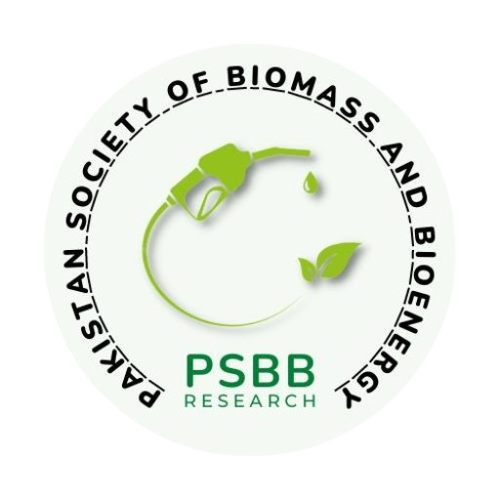Biomass can be used to produce renewable electricity, thermal energy, or transportation fuels (Bio fuels). Biomass is defined as living or recently dead organisms and any byproducts of those organisms, plant or animal. The term is generally understood to exclude coal, oil, and other fossilized remnants of organisms, as well as soils. In this strict sense, biomass encompasses all living things. In the context of biomass energy, however, the term refers to those crops, residues, and other biological materials that
A number of transportation fuels can be produced from biomass, helping to alleviate demand for petroleum products and improve the greenhouse gas emissions profile of the transportation sector. Ethanol from corn and sugarcane, and biodiesel from soy, rapeseed, and oil palm dominate the current market for biofuels, but a number of companies are moving forward aggressively to develop and market a number of advanced second-generation biofuels made from non-food feedstocks, such as municipal waste, algae, perennial grasses, and wood chips.
Just as biomass can substitute for fossil fuels in the production of energy, it can also provide a renewable substitute for the many industrial products and materials made from petroleum or natural gas – biobased foams, plastics, fertilizers, lubricants, and industrial chemicals are a few of the possibilities. Biomass Feedstocks Every region has its own locally generated biomass feedstocks from agriculture, forest, and urban sources. A wide variety of biomass feedstocks are available and biomass can be produced anywhere that plants or animals










